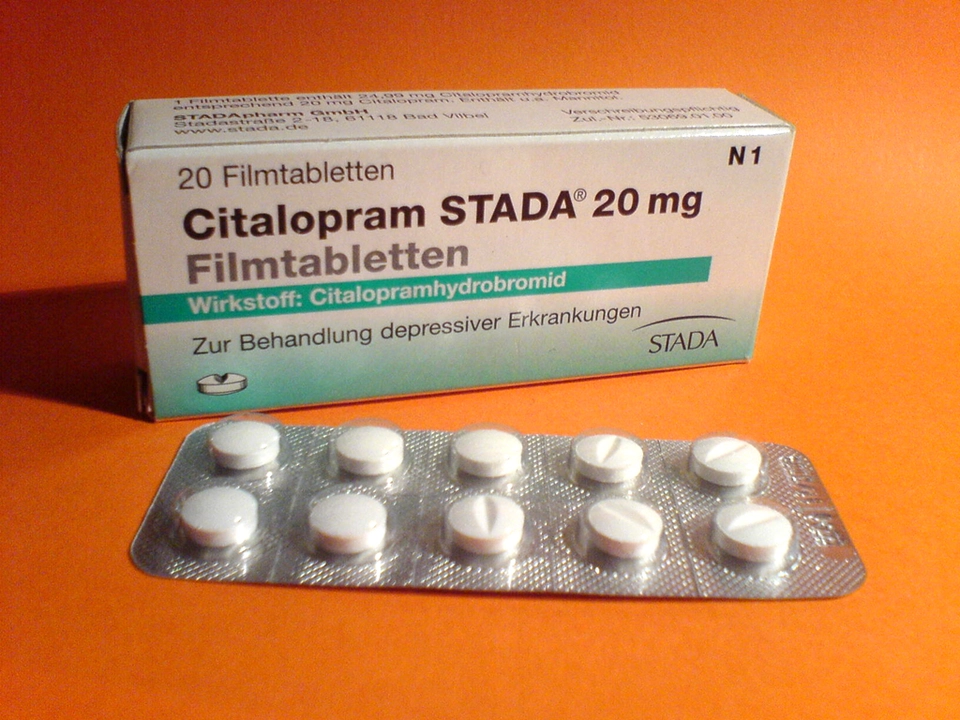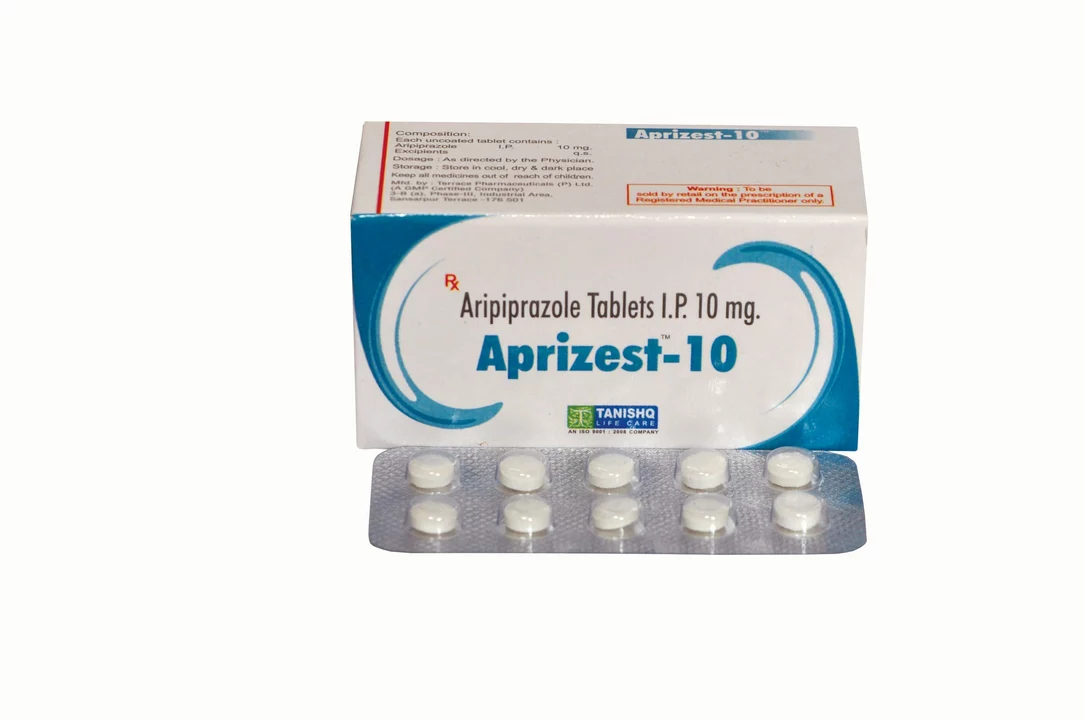Mental Health: What You Should Know About Medications and Care
Mental health affects how we think, feel, and manage daily life. If you or someone you care about is dealing with anxiety, depression, bipolar disorder, or dementia, understanding the treatments available can make a big difference. Medications like Effexor and Fluoxetine are often prescribed, but what do they actually do?
Getting to Know Common Medications
Take Effexor (venlafaxine), for example. It’s an antidepressant that helps balance brain chemicals related to mood and anxiety. Many people find it effective, but it’s important to watch for side effects and give your body time to adjust. Then there’s Fluoxetine, often called Prozac, which is mostly used for depression and anxiety but has also shown some promise in managing ADHD symptoms when combined with therapy.
Another medication gaining attention is Citalopram Hydrobromide. It works by increasing serotonin levels, which is a mood regulator in your brain. However, sticking to the prescribed dose matters because too much serotonin isn't safe. These medicines can be powerful tools when used wisely and under a doctor’s care.
Managing Mental Health Beyond Medications
Medications are just one piece of the puzzle. For something like bipolar disorder, recognizing early signs of relapse—like changes in mood or sleep habits—can help you act before things worsen. Building a support network and sticking to healthy routines, like regular exercise and therapy, really count too.
When it comes to dementia, some treatments like aripiprazole might help ease certain symptoms such as agitation or aggression. While it’s not a cure, it could improve quality of life. Researchers are still figuring out exactly how effective it is, but it’s an option worth discussing with a healthcare professional.
The key takeaway? Learning about your options and listening to your body helps you take control of mental health challenges. Whether you’re exploring treatments or just want to understand more, staying informed brings you one step closer to better days.






